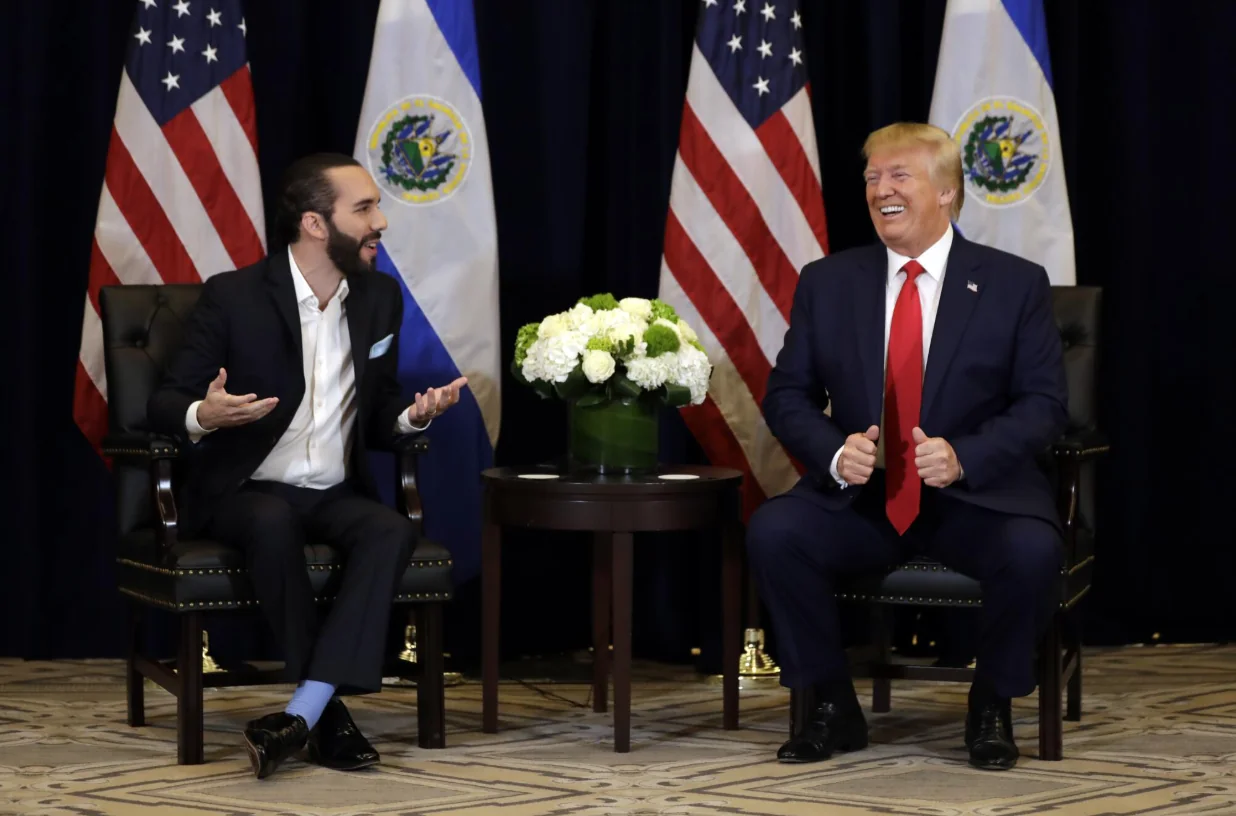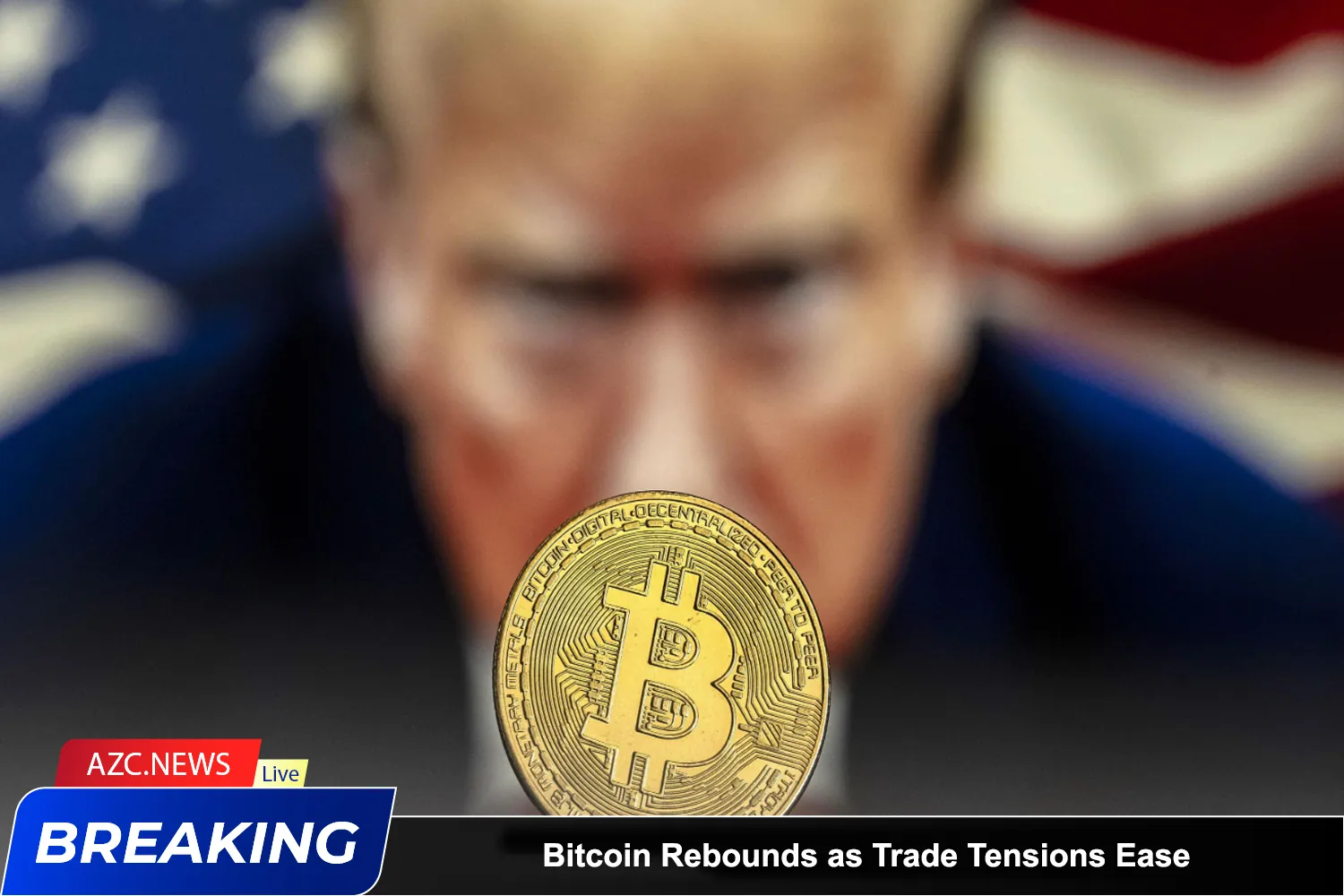On April 14, Bitcoin saw a recovery, climbing back above the $84,500 mark, partly fueled by U.S. President Donald Trump’s announcement of a temporary reduction in import tariffs. However, market optimism quickly faded, as analysts pointed out the policy’s short-term nature, with the possibility of tariff adjustments on the electronics supply chain still looming.
Ongoing trade tensions between the U.S. and China continue to create instability in financial markets, shaking investor confidence in Bitcoin. This is seen as one of the key reasons why BTC has yet to break past the $86,000 threshold. Derivatives indicators also show limited room for short-term growth, which may shape the market trend in the coming days.
Also on April 14, President Trump hosted El Salvador’s President Nayib Bukele at the White House. The meeting focused primarily on trade and migration issues, with no official mention of Bitcoin on the agenda.

This marked President Bukele’s first visit to the White House since Trump began his second term. The discussions centered on bilateral security cooperation and addressing urgent immigration concerns. According to a livestream shared by Bukele’s office on platform X, Trump proposed transferring convicted U.S. citizens to prisons in El Salvador and urged the country to expand its detention facilities. “I said it already – locals will be next. You’ll need to build about five more prisons,” he stated.
Since Trump took office, his administration has deported hundreds of alleged foreign criminals to El Salvador under a $6 million bilateral agreement.
In addition, Trump reiterated his commitment to the trade war initiated on April 2, and hinted at a potential temporary exemption for certain automakers to support supply chain restructuring. “I’m considering several measures to support the auto industry. They need a bit more time to bring production back home,” he said at the meeting.
Although both leaders have previously introduced initiatives related to digital assets, this meeting made no reference to Bitcoin or any related policies. El Salvador made history in 2021 as the first country to officially adopt Bitcoin as legal tender, laying the foundation for a BTC reserve strategy—an approach the Trump administration has also begun to explore.






